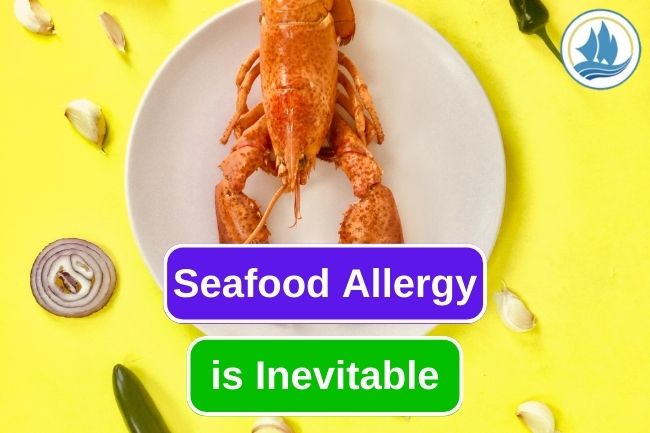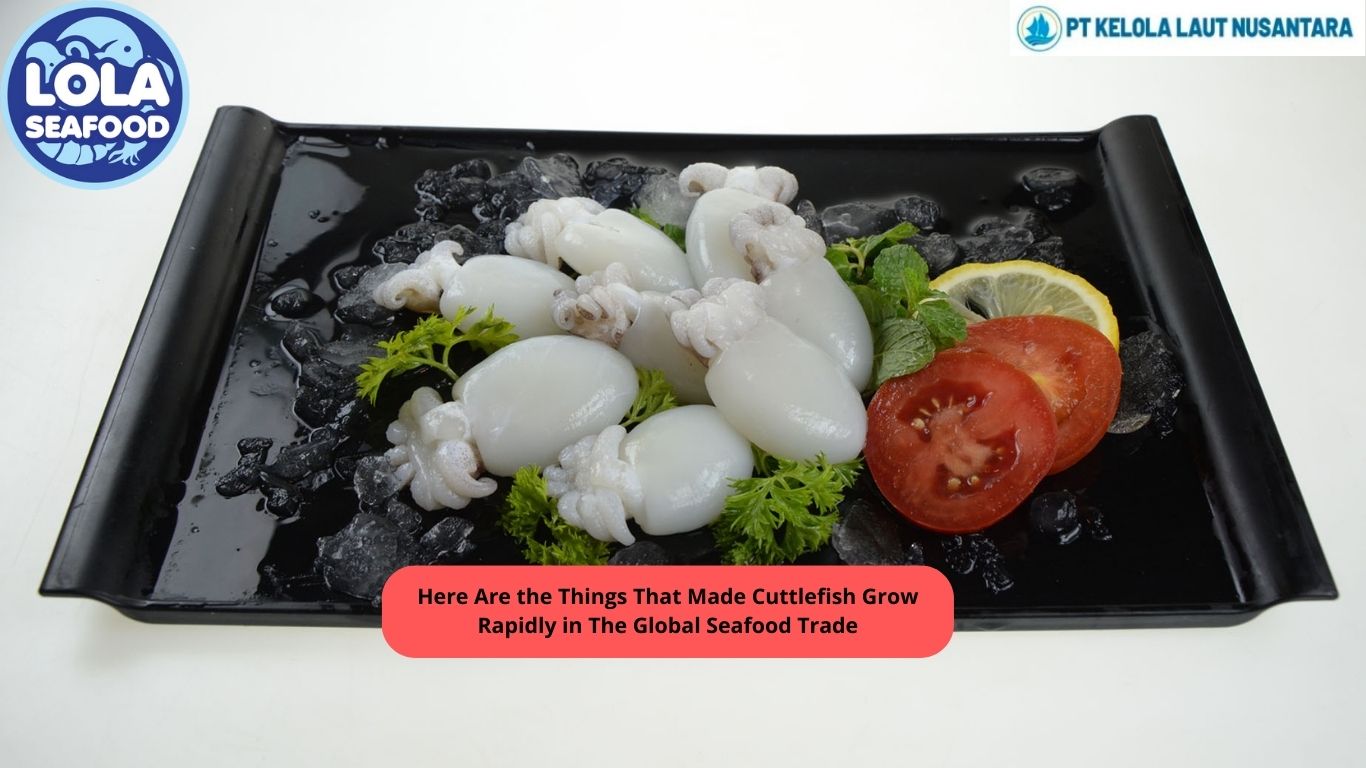This Is Why Seafood Allergy Is Inevitable
By. Nevanda - 04 May 2023
kelolalaut.com - Seafood allergy is typically caused by an immune system reaction to proteins found in seafood. The exact cause of seafood allergy is not known, but it is believed to be a combination of genetic and environmental factors.
If someone has a family history of allergies, they may be more likely to develop a seafood allergy. Studies have shown that genetics can play a role in the development of allergies, including seafood allergy.
Environmental factors, such as pollution and exposure to certain chemicals, may increase the risk of developing a seafood allergy. However, more research is needed to understand the exact relationship between environmental factors and seafood allergy.
Read also: 5 Tips on Choosing Fresh Oyster
Unfortunately, there is no surefire way to avoid developing a seafood allergy, as it can sometimes be caused by genetic predisposition or environmental factors. However, there are some steps you can take to reduce your risk of developing a seafood allergy:
1. Start introducing seafood into your diet gradually
If you have never eaten seafood before, it is best to start small and gradually introduce it into your diet. This will give your body time to adjust and may help reduce the risk of developing an allergy.
2. Avoid cross-contamination
If you are already allergic to seafood, it is important to avoid cross-contamination by thoroughly cleaning all surfaces and utensils that come into contact with seafood.
3. Consult with a doctor
If you have a family history of seafood allergies, or have experienced mild reactions after eating seafood in the past, it is recommended that you consult with an allergist or doctor. They may be able to advise you on preventative measures and potentially prescribe medication.
Read also: This Is What Causing an Allergy on Seafood
4. Read food labels
Be sure to read food labels carefully, as many foods contain hidden sources of seafood, such as fish sauce or shellfish extract.
5. Be prepared
If you know you have a seafood allergy, it is important to be prepared in case of accidental exposure. This may include carrying an epinephrine auto-injector, such as an EpiPen, and informing those around you of your allergy.
It's important to note that seafood allergy can develop at any time, even in people who have eaten seafood without any problems in the past. If you suspect you may have a seafood allergy, it's important to speak with a doctor or allergist for proper diagnosis and treatment.
Read also: This Is What Seafood Gelatin Made Of
.jpg)
 (1).png)


.jpg)
.jpg)
.jpg)

 (3).png)